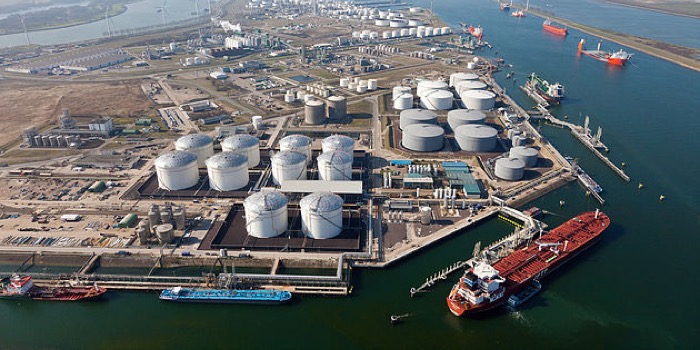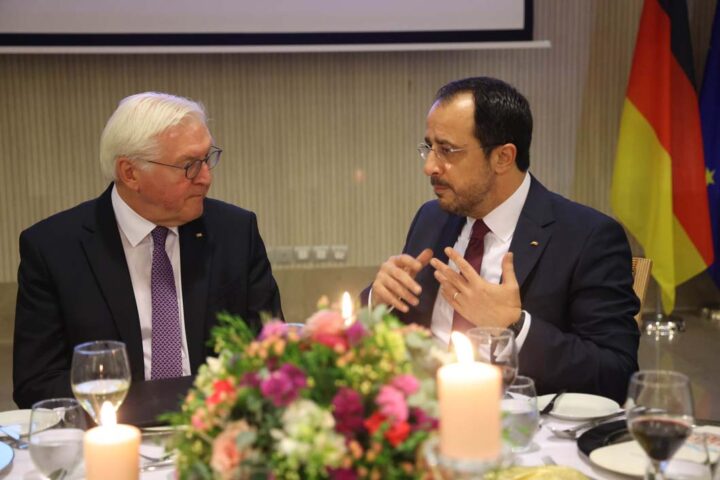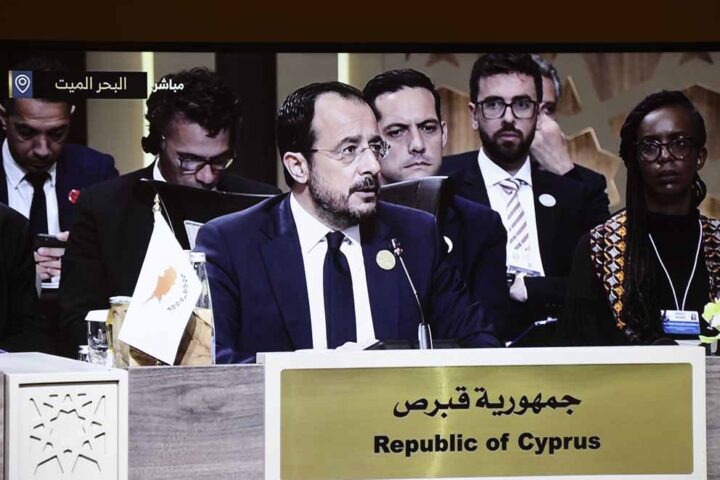The cost of energy in Cyprus has long been expensive, whether fuel for transport or electricity for household and commercial use. And nobody seems to care.
When prices at petrol pumps peaked at €2 a litre, (some) people took to the streets; others grumbled a bit and eventually, the government rewarded the public with a short-term relief on fuel tax.
Now that prices have dropped to pre-Ukraine war levels, everyone is happy, as if black gold was freely being distributed, hesitantly accepting that prices will rise again as the unpopular tax is reinstated.
Apart from the chain effect on consumers, with large stores justifying the price hikes on goods due to “rising fuel costs”, those who have been hurt most are the small and medium-sized businesses, many of whom are struggling to make ends meet.
And this is in a hostile financing sphere where short-term or bridge loans are almost impossible.
Yet, little is done to encourage low-emission public transport, with the major bus companies’ investments in electric vehicles hardly making a dent in lowering our carbon footprint and relieving our wallets that are getting lighter by the day.
More efficient, cheap, and regular routes are necessary, as are better cycle paths to encourage pedal power and ways to save energy.
While incentives to invest in a hybrid or EV saloon are frustrating, plugging in is the biggest and most expensive problem.
On the other side of the energy spectrum is electricity production and consumption, where the system and those who have benefitted for the past decades refuse to allow a smooth and quick transition to an open electricity market.
And yet, no one seems to care that we pay about €300 mln a year in carbon taxes for dirty emissions by the state-owned EAC utility because no one has bothered to speed up the import of cleaner natural gas for power production.
This penalty adds up to about €1,200 in a year per average household of four, which, at €100 a month, is half your fuel bill, a third of your electricity bill or a quarter of your shopping list, at best.
It’s nice to talk about how to make your home more efficient and save on electricity by unplugging your TV set when leaving home.
No one is saying anything about the EAC not cutting its costs by becoming a more efficient public organisation (both in power production and payrolls), with a saving of at least 26% a year, which is currently rolled over to consumers.
Importing ready-use natural gas until we commercially utilise our offshore resources would reduce electricity costs by 20-30% a year while the system rejects energy produced from the free renewables of solar parks.
Cost cutting
Those carrying the burden are small businesses and shops seeking alternative cost-cutting as electricity drives their costs higher.
And now, the focus is on the mega-electricity cable project, the EuroAsia Interconnector, where the benefits far outweigh the costs, providing easy access to the European electricity market.
Far more efficient than the alternative solution to industrial battery storage, which seems to dissipate within four hours or just before midnight on a hot summer evening.
This has become an easy target to deflect from the island’s costly electricity grid and supply, with talk now being the project’s financial viability, which had never been disputed by the previous two-term administration, even though the former finance minister has suddenly become its greatest critic.
Having recently signed a record €1.4 bln contract with French-Norwegian giant Nexans for the supply of the world’s longest subsea cable at unprecedented depths of 3,000m, no one seems to be interested that the manufacturing costs have risen due to a shortage of raw materials and increased demand for more interconnectors.
Yet, trade unions and government officials are now concerned about the financing of the project, half of which has already been secured in the form of grants, with the balance coming from institutional funds or syndicated commercial loans.
More is expected to be revealed, and probably minds will be put to rest at the House Energy and Trade meeting to discuss the matter with the project’s developer next week.
Oddly enough, despite talk of “state intervention”, the project promoter has not sought direct state funding and initially approached the European Investment Bank for a loan, prompting more public officials to call for new feasibility studies, as if this would speed up the project’s implementation.
We know how committees are set up in Cyprus and what results endless studies produce, if not to line the pockets of yet more consultants.
Cyprus urgently needs a rethink of its short-medium and long-term energy policies and how these will benefit consumers and the economy.










